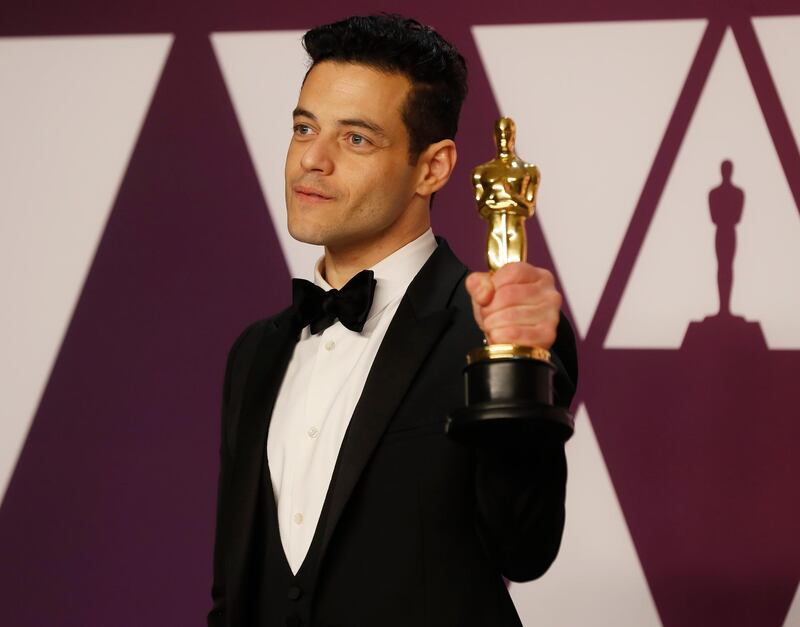Hollywood, with its penchant for often predictable happy endings, is not the real world. But every so often the real world can be affected positively by the stories it tells, and by the stories told about it. This year’s Oscars ceremony, which focused attention on several triumphs for the Arab and Muslim world, was one such occasion. In America alone, it was watched live on television by some 25 million people. Countless millions more around the world followed it, and the weeks of publicity and interviews leading up to it, on traditional news outlets and social media.
Among the stories which shone out was Rami Malek's nomination and then triumph as best actor for his role as the singer Freddie Mercury in the biopic Bohemian Rhapsody, training a bright light on his own back story as an Egyptian-American. The film, said Malek, was about an immigrant who lived his life unapologetically. As a first-generation American and the son of immigrants from Egypt, he added: "My story is being written right now". That story, culminating in Malek becoming the first actor of Egyptian descent to win the top acting Oscar, extends the parameters of diversity, gloriously undermines negative narratives about immigrants and cannot fail to inspire a generation.
The spotlight fell on two other Arabs at this year's Oscars and on the important stories they had to tell. Lebanese director Nadine Labaki's Capernaum, nominated for best foreign film, may not have won on the night but her gritty examination of the impact of war on children and refugees has won attention and plaudits around the world. Similarly, as the world confronts the dilemma of what to do with returning extremists in the wake of the fall of ISIS, Syrian director Talal Derki's Of Father and Sons, nominated for best documentary, offers a unique and timely perspective on the issue of radicalisation. Then there was Mahershala Ali, the first Muslim actor to win an Oscar, who scooped his second best supporting actor gong on Sunday.
One Oscars ceremony does not amount to a revolution. But it is encouraging that an industry that has been mired in controversy in recent years for its treatment of women and minorities, and just three years ago prompted the hashtag OscarsSoWhite, remains capable not only of focusing the world’s attention on important issues but of championing the cause of diversity. As Malek said when he picked up a previous award: “It’s not just good to be different – it’s better”.





